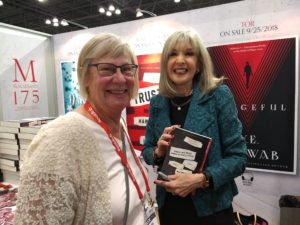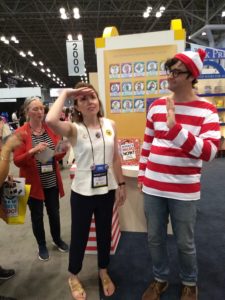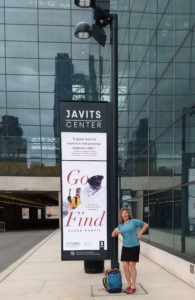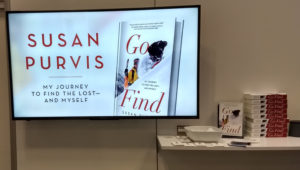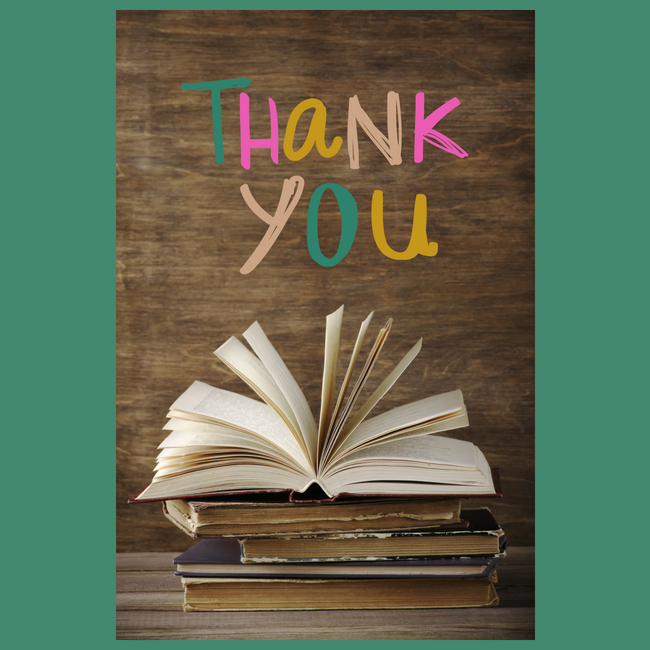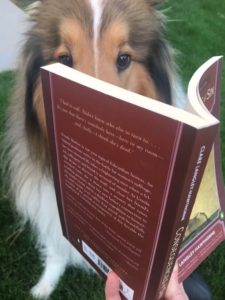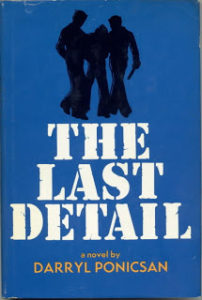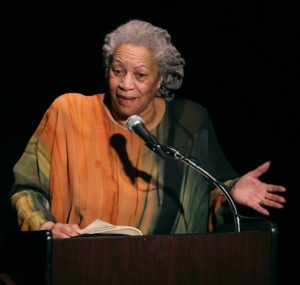Photo: “Tree Tunnel” by Gaurang Alat, courtesy unsplash.com
Good morning, and let’s give a hound-dog howdy to Anon du jour, who has gathered up a seemingly endless supply of courage and submitted the first page of work-in-progress DEATH KNELL for our collective consideration!
Title: Death Knell
Chapter One: The Visitor
No one is ever who they appear to be. Peter Templeton had this thought as he stepped out of his car and looked up into the crimson blanket that covered the evening sky. It was a gorgeous sunset and cast a glow over his entire neighborhood. Another perfect ending to another perfect day in his now perfect life, he thought.
Across the street, neighborhood children scattered and laughed. He watched the children play for a minute and smiled. Two years ago, he sat in a small cubicle and knew it would be his grave. Now, he was living in a world where children played on well-manicured lawns, driveways were lined with vehicles named Cadillac, Lexus and BMW, and people spoke to each other across wooden fences. He shook his head and smiled again.
As if on cue, a silver Mercedes drove up the driveway next door. The driver honked two short bursts and waved as he got out. That was Simon, Peter’s neighbor and financial planner. Simon sat in a different type of cubicle and helped old people enjoy their final days. By the look on his face, he enjoyed it as much as anyone.
Peter waved back and thought his life in a different cubicle. He didn’t enjoy it nearly as much as Simon did. He hated every minute of it. When he was younger, Peter thought heartbreak and pain were the worst things he would ever experience. But he was wrong. Boredom, he discovered then, was a whole new kind of hell. It was a living hell where you lived the same day over and over and over again. A hell where the seconds felt like minutes, the minutes felt like hours, and the hours felt like days. A hell where you prayed for death to end the boredom. But those prayers were never answered. They didn’t even give you the freedom to kill yourself back then. Time was the only thing he was allowed to kill.
He looked over the lawns and thought about what a difference a few years can make. Back then, he just existed. He was a zero then. A nobody. He was a murderer in the eyes of the law and a criminal to everyone else. He was a loser waiting to die. And he knew the world would be a better place without him.
Then his salvation came out of nowhere. It pulled him from his hell and dropped him in the middle of this quiet, calm and gorgeous neighborhood. It removed all of the failures in his life like a strong tide and cleansed them in a sea of normal society. Gone were all the wasted dreams, lost loves, and poor decisions. Now, he was really living. He was a winner now. And God-damn it, he loved every second of it.
Peter took a deep breath and looked down the street again. Tree branches made a canopy over the road. For a second, it reminded him of the tropical leaves on the island. They formed a natural ceiling and made the island feel like a great cathedral. He looked around again and took another deep breath. There were many funerals in that cathedral and he witnessed too many of them. He didn’t miss that at all.
Anon, you’ve got an interesting setup here. It sounds as if Peter is a guy who has taken the opportunity to reinvent himself and has done so to his satisfaction. You’re hinting just enough to bait the hook in the reader’s interest and sink it. I have the feeling that Peter’s past is going to come knocking on his door and I would love to be there when it does. You’ve got the substance down. Let’s work on the form of your project just a bit to get it ready for publishing.
— Let’s begin with a little housekeeping. The color of the text in your submission went from blue to black about halfway through it. I’m not sure if the problem was on your end, mine or somewhere in between, but please check that on your manuscript before you send it off an agent. Your text color can be any color you like so long as it is black unless your target tells you otherwise. You also want to proofread a bit more carefully. For one example, you state in the fourth paragraph that
Peter waved back and thought his life in a different cubicle.
You left out the word “about” or “of” between “thought” and “his.” I do this so often in my own writing when my fingers are flying faster than my brain, that I am embarrassed to the extent that I might have a tee shirt created that states “I BEAT GRAMMARLY!” A proofreader (either you or someone else) will hold you in good stead.
— With that out of the way, let’s look take a look at Peter’s interior monologue. Your story is told in the third person past tense, so we want to have a clear delineation between what Peter is directly thinking and what our omnipresent narrator is telling us. You can do this by setting Peter’s thoughts off in italics when you want to tell us what he is thinking. You can say “he thought” once in a while but if you use it once early on with the thought italicized your readers (particularly TKZ readers, who are among the most intelligent on the planet!) will get the idea. You can remind them every once in a while but using “he thought” too frequently will become as boring as “he said.” Also, please note that if Peter is engaging in an internal monologue he is going to be thinking about “my” rather than “his” now perfect life. Let’s see how that will look in your first paragraph:
No one is ever who they appear to be, Peter Templeton thought as he stepped out of his car and looked up into the crimson blanket that covered the evening sky. It was a gorgeous sunset and cast a glow over his entire neighborhood. Another perfect ending to another perfect day in my now perfect life.
— I also got a little distracted by your use of tenses. I noted earlier that Death Knell is told in the past tense. That’s all well and good. We understand that all of the events in the book took place in the past. You need, however, to distinguish between the “past,” which is when your primary narrative occurs, and the “remote past,” which occurs before your main narrative. We use the “past perfect” tense for this. The “past perfect” tense is formed by taking the past tense of “to have” (which is “had) and combining it with the past participle of the verb you are using. It’s easier than it sounds. Here is what happens when we utilize it in the fourth paragraph of Death Knell, where Peter begins to really rock ‘n’ roll about the past and about how things are much better today:
Back then, he had just existed. He had been a zero then.
and…
He had been a murderer in the eyes of the law and a criminal to everyone else. He had been a loser waiting to die. And he had known the world…
It makes for easier reading, given that the reader doesn’t have to sort out the past and the remote past, as you, the author has already done it for them. Which brings us to the next thing on the list:
— Your writing style is just a bit repetitive in spots, Anon. You have a slight tendency to use the same words in close proximity to each other and to repeat what you have already stated or indicated. You are hardly alone in overwriting. I’m in that very large room with you. So is Charles Dickens. The late Harlan Ellison, in his column The Glass Teat, did a short but hilarious sendup of Dickens and the seemingly endless repetition of Tiny Tim’s classic line “God Bless us, every one!” in A Christmas Carol. To correct this, read through your work and if you are describing the same thing over and over, or using the same word more than once in a paragraph, get rid of it and use a synonym.
Let’s look at that fourth paragraph again, where with a snip here and a clip there we can move things along just a bit faster by reducing the use of the phrase “He was”:
Back then, he had just existed. He had been a zero then, a murderer in the eyes of the law, a criminal to everyone else, and a loser waiting to die. He had known the world…
That’s all I got, Anon. In the interest of brevity (…) I tried to focus on the broad picture and give an example or two rather than to go through and pick out each and every potential error. I will now attempt to remain uncharacteristically quiet while I give our wonderful readers a turn at commenting on your work. I sincerely hope, Anon, that you keep plugging away so that we can see the rest of Death Knell at some point in the future. And thank you for submitting to First Page Critique!
Your story is told in the past tense. All of the events described took place in the past. The problem arises when you have to distinguish between events which took place in the past in your main narrative — and events which took place even further in the past. That’s where the past perfect comes in. It’s easy enough to use
— Peter waved back and thought about his life in a different cubicle.




